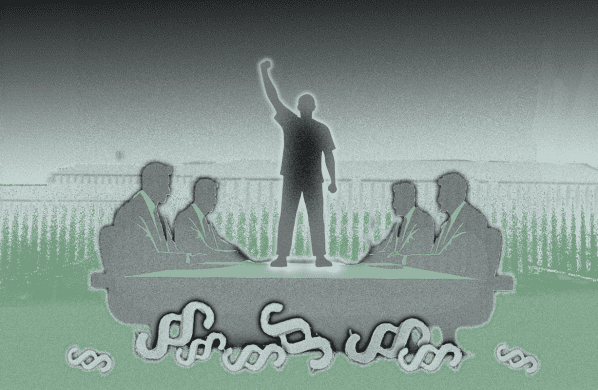Malawis seven-party opposition coalition plans to take the countrys electoral commission to court in a bid to extend the 18 May election date.
Charles Mhango, the lawyer representing the “Mgwirizano” (Unity) coalition, said the legal action had been launched as the period left for verification of the controversial voters roll, prepared by the Malawi Electoral Commission (MEC), was “too short”. The case is expected to be heard in the High Court on Wednesday.
Mgwirizano, led by Republican Party president Gwanda Chakuamba, has argued that the Presidential and Parliamentary Elections Act allows for 21 days between verification of the voters roll and polling day.
But just one week remains before Malawis third multiparty election, and the registers are still to be released for public scrutiny.
The MEC earlier came under fire for its conduct of the voter registration process. It originally said 6,6 million Malawians, out of a population of 12 million, were entitled to vote but, with the help of a South African computer firm, last week revised that figure to 5,7 million.
Mhango said Mgwirizano would also challenge the MEC over its compilation of the voters roll, and accused the commission of inefficiency.
Boniface Tamani, chairman of the Public Affairs Committee, an interfaith democracy monitoring group, told IRIN that “even though the opposition parties have very good grounds for taking the MEC to court”, he was opposed to any extension of the voting date as this could increase the chances of rigging by the ruling United Democratic Front (UDF).
He pointed out that if the elections were postponed, some opposition parties would not have the resources to continue campaigning, and any postponement of the elections for more than seven days after the 18 May date would require parliament to be recalled – a move that would prove highly disruptive to the electoral process, as well as expensive.
The UDF has been in power since 1994 but, under the two-term rule, outgoing President Bakili Muluzi has been barred from standing for office. He has instead campaigned hard for his UDF successor, Bingu wa Mutharika, who is being challenged by four opposition presidential hopefuls.
Kilde: FN-bureauet IRINnews















